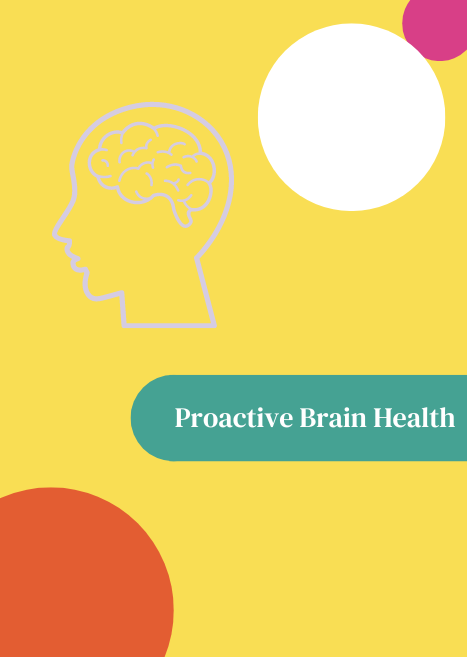Stress can have significant effects on elderly individuals. If you’re a caretaker, it’s important to monitor stress levels in elderly individuals in order to maintain their physical health, cognitive function, mental well-being, and overall quality of life.
Chronic stress can weaken the immune system, making older adults more susceptible to infections, illnesses, and diseases. This can lead to more frequent and severe bouts of colds, flu, and other infections. Stress is also a risk factor for heart disease, and older adults are already at higher risk due to factors like age and lifestyle. It can cause high blood pressure, heart palpitations, and increased risk of heart attacks and strokes.
Prolonged stress can impact cognitive function, including memory, concentration, and decision-making abilities. In older adults, this may manifest as forgetfulness, confusion, and difficulty with problem-solving.
There is also a concern that stress levels can exacerbate mental health conditions such as anxiety and depression, which are already prevalent among the elderly. It can lead to feelings of sadness, hopelessness, and social withdrawal, which is already a concern for many elderly individuals.
Stress often disrupts sleep patterns, and older adults may already struggle with sleep-related issues. It can be difficult to fall asleep, stay asleep, or achieve restorative sleep, leading to fatigue and irritability.
Stress can worsen pain conditions such as arthritis and migraines. It can also contribute to inflammation throughout the body, exacerbating joint pain and discomfort. For individuals recovering from surgeries, injuries, or illnesses, stress can impede the healing process by slowing down wound healing, increasing recovery time, and prolonging the rehabilitation process.
It's essential for caregivers, family members, and healthcare providers to be aware of these effects of stress on the elderly. Encouraging stress-reduction techniques such as gentle exercise, meditation, social activities, hobbies, and relaxation techniques can help mitigate these negative impacts and improve the overall well-being of older adults.


